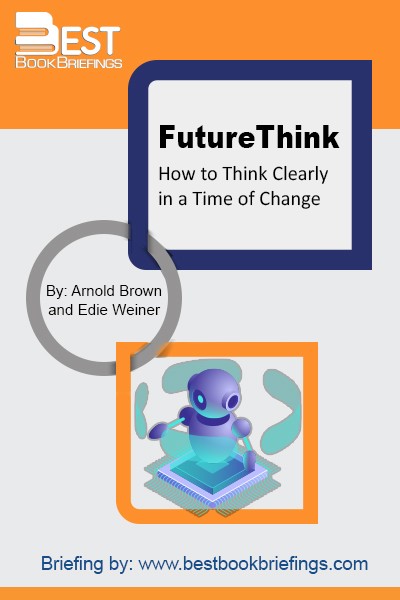FutureThink
How to Think Clearly in a Time of Change
Editorial Review
What happened to the U.S. intelligence apparatus on 9/11 was a failure, not of intelligence but, of imagination. The U.S. government had all information. It just couldn't see how to think about it in the most effective way. For more than 35 years, we have tracked change and told people how to act about it, the first thing we learned was that: how people respond to information is far more important than the information itself. We found that people's fear of change often led them to reject or deny information about change. So we had to find ways to help them see the real possibilities, to remove or diminish their personal traps and biases, without¾in any way¾changing the truth of the information or of the situation. Here we’ll try that with you also, you learn from the time you are born. You learn the vocabulary that shapes your thinking and the customs of your culture. The older you get, and the more knowledge you acquire, the more mental baggage that gets loaded into your consciousness. Although all that freight is necessary to excel at your daily life, carrying such a load has a negative side. It is stacked so high that it blocks your vision and limits the freedom of your understanding. It becomes a mental wall. When new information and new changes begin banging on that wall, then you are faced with a choice: you can either learn new ways of thinking and looking at that information, or you can stop learning and start ignoring that information. If you choose the last choice, you are then about to be hit with your personal 9/11.
Book Reviews
Books on Related Topics
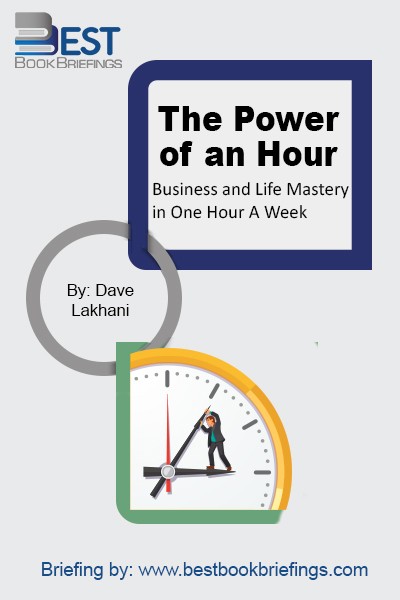
Whether you own a business or just want to be the best person you can, you may just subject yourself to change. While time may seem like the thing you need the most of, it turns out that isn’t true. We all get the same number of minutes and hours in
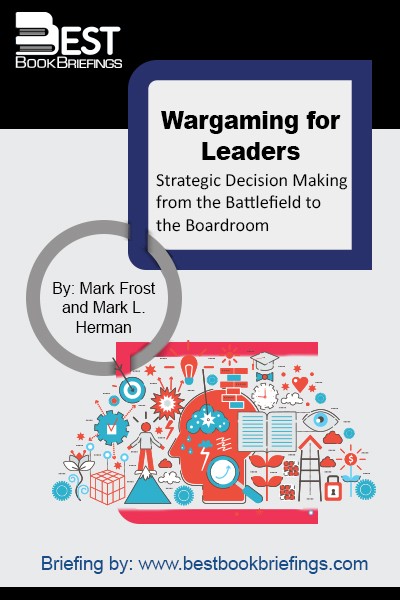
If you had the opportunity to probe the future, make strategic choices, and view their consequences before making expensive and irretrievable decisions, wouldn't you take advantage of it? Of course you would. And in a world of asymmetrical conflict, security threats, intense global competition, and economic uncertainty, there is an even
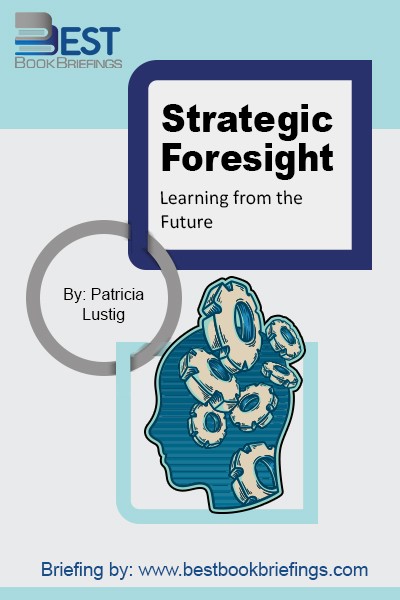
Everyone uses some foresight; most people think about the future at some time and try to make sense of it in their day-to-day lives. Take present-buying: you are using foresight to think ahead to what each person would like to receive (decision-making); to think about where you will find/buy/make each gift
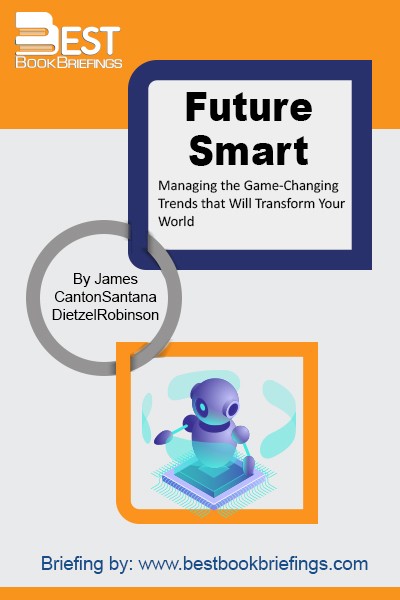
Most people living normal lives are unaware of what’s coming – how extreme changes and trends may disrupt every aspect of our world and lives. Most people are not prepared for the drastic changes on the horizon that will change work, business, health, or population. They have not run the scenarios,

